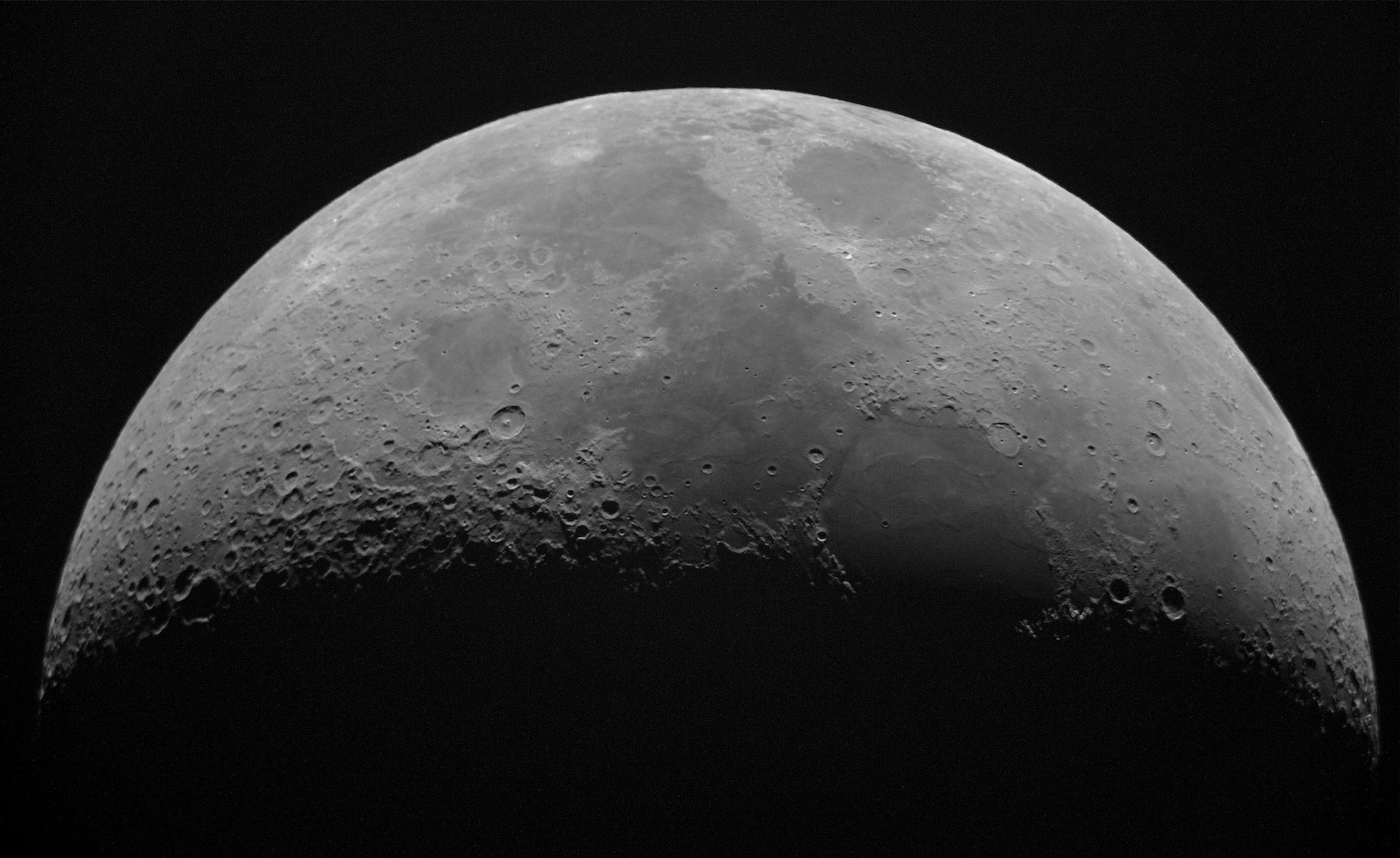3/9/2020
In July 1969, Neil Armstrong became the first man to walk on the moon. A truly magnificent engineering feat, the moon landing sparked wonder in science for generations to come. Yet in subsequent years, as the Cold War began to thaw and interest in space missions waned, the United States public grew less interested in exploring the cosmos and previously scheduled moon missions were canceled. Later historians and space enthusiasts may blame the National Aeronautics and Space Administrations for their failure to develop media relations, but the debate whether countries should devote an enormous amount of public money to fund space missions may be a question of ethics.
Sending humans to the moon cost the United States more than 28 billion U.S. dollars. Adjusted for inflation, this is 283 billion U.S. dollars in today’s currency. In the same decade as the moon landing, the national poverty rate was about 19%. National and political opinion shifted, and without the imperative of the Cold War, the U.S. budget prioritized welfare programs like Lyndon B. Johnson’s Great society.
As mounting pressure to the U.S. government over welfare programs builds and new space mission programs are announced, this same ethical debate has resurfaced and found itself in a changed landscape. Now, with NASA’s announcement that “Apollo’s legacy is NASA’s future”, the U.S. government must once again allocate funds. In this case, the new moon missions will have some funding taken from Federal Pell Grants.
Rightfully so, these new moon missions have sparked controversy. From an ethical standpoint, is a mission to the moon a better use of funding than education? In order to properly think through this ethical issue, a number of metrics must first be considered. First of all, the public generally grossly overestimates NASA’s funding. Current government funding only allocates around 0.5% for NASA. Welfare programs in comparision make up more than six times that percentage. So welfare spending already is much higher than space missions.
Furthermore, one must consider the substantial benefit that space missions have on society as a whole. So many technologies ubiquitous in our lives today were developed in pursuit of space. Space programs train and employ engineers and scientists to tackle some of the most difficult problems imaginable, and NASA supports some of the best educational programs in the country.
With no given metrics and further analysis into how one defines benefit to society, and without considering what the purpose of U.S. government spending is, a consensus on this ethical issue is nowhere in sight. But when one considers whether or not pursuing space missions is a breach of ethics, one must consider the complexities of the issue at hand. While money may flow from one source to another, the ethical issues surrounding government funding of space is not so black and white that we must definitively choose between the two options.

